Over 100 Killed in Iraq, 100 Wounded
Mahdi Army Clashes in Diwaniyah
Bombings Rock Turkey
Two more US troops were announced dead on Monday, bringing the total dead among GIs for the weekend to 9.
Vice President Richard Bruce Cheney doesn't get it, as usual. The reason to draw down US ground troops in Iraq is that for the most part their presence in such numbers is counter-productive. Look at the fighting in Diwaniyah. All the US did was send helicopters to circle around. We don't need US or Coalition troops in Diwaniyah. And, why would we care who controls Diwaniyah, anyway? What Americans had even heard of it four years ago? It certainly is not a security threat to the United States.
As for this tag line that the the US was not in Iraq on Sept. 11, so Iraq cannot be generating terror, how stupid does he think we are? September 11 came indirectly out of the Reagan administration's use of Muslim fascists or mujahidin to fight socialism in Afghanistan. The lesson to draw is that unleashing large numbers of unconventional guerrilla forces and giving them billions of dollars and CIA training is a bad idea, and might well produce blowback. Afghanistan generated the last wave of terror. Now Iraq is generating a new generation of terror. Madrid and London came in response to it. Cheney's tag line is misleading and foolish.
The Independent estimates that over 100 Iraqis were killed on Monday in political violence. Dozens died in the fighting in Diwaniyah, along with the other violent deaths reported by Reuters, and the 14 dead bodies that showed up in Baghdad according to the LA Times. Al-Hayat estimated that 100 were wounded, as well.
Guerrillas also targeted the Ministry of the Interior with a car bomb, killing at least 16 and perhaps as many as 26 (-al-Hayat) and wounding dozens. The attack was likely an attempt to kill Interior Minister Jawad al-Bulani, who was to meet with provincial police chiefs on Monday.
Diwaniyah is run politically by the Supreme Council for Islamic Revolution in Iraq, and likely its police and security forces have been heavily infiltrated by the Iran-trained Badr Corps, the paramilitary of SCIRI (as the NYT also suggests.) So a lot of the struggle is probably actually best thought of as Mahdi Army on Badr Corps faction fighting. Although SCIRI and allies won the provincial elections of January, 2005, since then the Sadr movement has been gaining adherents and influence in this and other southern Shiite provinces. New provincial elections were scheduled but have never been held, in part for fear that the Sadrists would sweep to power in provincial statehouses.
The Associated Press explains how the fighting in Diwaniyah began on Saturday, with Shiite militia attacks on Polish troops in the area. AP says that the Mahdi Army controlled wide swathes of the city on Monday evening.
' The clashes in Diwaniyah began Saturday night after a rocket attack on a Polish-run base earlier in the day, and then resumed Sunday night, said Lt. Col. Dariusz Kacperczyk, a Polish military spokesman.
Sheikh Abdul-Razaq al-Nidawi, the manager of Sadr's office in Diwaniyah, told the Associated Press that trouble had been brewing since Saturday night when the army arrested an Sadr supporter from the Jumhouri neighborhood.
On Sunday, the army raided the same place and "a gunfight erupted between them and the Mahdi Army," Nidawi said.
Army Capt. Fatik Aied said gunbattles broke out at about 11 p.m. Sunday south of Diwaniyah, when Iraqi soldiers conducted raids in three neighborhoods to flush out militiamen and seize weapons.
Nidawi said "a big force of the army raided Jumhouri, Sadr and Askouri neighborhoods and clashes broke out (again) between the army and the Mahdi Army." He said the raids took place early Monday. '
Al-Zaman reports that for the past three days, Diwaniyah had turned into an arena for street battles. On Monday, 20 Iraqi soldiers were killed and 50 Mahdi Army militiamen (followers of Shiite nationalist cleric Muqtada al-Sadr), and 70 persons were wounded. The battles evolved quickly after Iraqi security forces imprisoned an official of the Sadr Movement. The government and the Mahdi Army have concluded an unofficial truce. An Iraqi government spokesman said that 20 Iraqi troops and 40 Mahdi Army militiamen were killed in clashes that began Sunday night in Diwaniyah.
A captain who asked to remain anonymous told al-Zaman, "The clashes broke out after the Coalition forces incarcerated a prominent leader of the Sadr movement, who had in his possession quanities of medium weapons and bombs, and was linked to Saturday's assassinations after an attack in the Jumhuri District [downtown Diwaniyah]." The captain said that on Sunday, negotiations took place between the Coalition forces and the Sadr Movement concerning the release of the Sadrist leader, but they failed. That is what led to the clashes between the Mahdi Army and Iraqi security forces." He added, that a number of Mahdi militiamen came to the province from neighboring ones, to participate in the battle.
[The "Coalition" forces were apparently the Poles.]
Sahib al-Amiri, the head of a Sadrist foundation in Najaf, denied that the Mahdi Army had been involved in the fighting, though he said that they played a role in ending it. He maintained that it was others, outside Sadr's circle, who were responsible for the violence. He accused American military forces of "supporting these sorts of actions, for the purpose of extending the period of their presence in Iraq."
Prime Minister Nuri al-Malki had pledged on Aug. 17 that Qadisiyah province, of which Diwaniyah is the capital, would soon witness a handover from Coalition to Iraqi troops such as has already happened in Muthanna.
The governor of Qadisiyah, Khalil Jalil Hamzah, left for Najaf to negotiate with Muqtada al-Sadr after talks with his representatives in Diwaniyah failed.
A security source in Diwaniyah told al-Zaman, "Large numbers of reinforcements from the Iraqi army arrived at the city, and they secured most of its districts aside from the districts of al-Nahdah and that of al-Wahdah, where the militia remains dominant."
An Iraqi government source alleged to al-Zaman that "The Mahdi Army executed a number of Iraqi troops after having captured them." He added that the militia controlled 7 of the city's districts,a nd that they were establishing barricades and checkpoints, and were setting roadside bombs.
Abdul Mun'im Abu Tabikh, a member of Qadisiyah's elected governing council, alleged, "What happened was an attempt by the government to finish off undisciplined elements that are attempting to undermine security in the city and to continue to carry arms openly, on the part of some disreputable members of the Sadr Movement who refused to acknowledge the commands of Sayyid Muqtada al-Sadr to turn their energies toward preaching and guidance alone." This behavior led the government, he said to send in the army against them, especially those that were openly carrying arms. He said that there is a curfew in the city, given that the clashes are continuing.
Eyewitnesses reported an exodus from the city of dozens of families, who took refuge in surrounding villages. Shops are closed througout Qadisiyah, and both water and electricity have been cut off since Sunday evening.
The explosion at a leaking oil pipeline near Diwaniyah that killed 16 persons who came to collect petroleum from it would have been bad news enough all on its own. Instead, a mere deadly accident flew under the news radar. The tragedy came because of the severe fuel crisis in Iraq, which drives people to try to collect oil in dangerous ways.
Meanwhile,
bombings rocked Turkey on Monday. A radical Kurdish group claimed credit, indicating it was trying to sabotage one of Turkey's major industry's, tourism.
The bombings are encouraging Turkey to step up its shelling of northern Iraq, where US-backed Kurdish politicians are harboring the terrorist PKK or Kurdish Workers' Party.
Bombings stretched from Istanbul to southern Iraq on Monday, in a new arc of crisis. This isn't going very well.
For "cont'd" postings, click here.



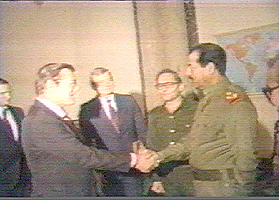
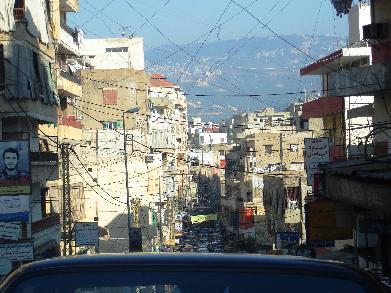

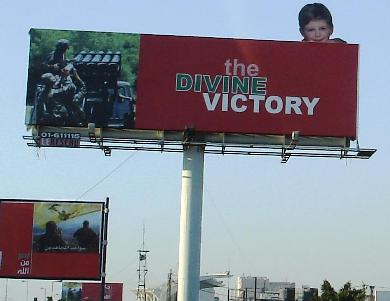
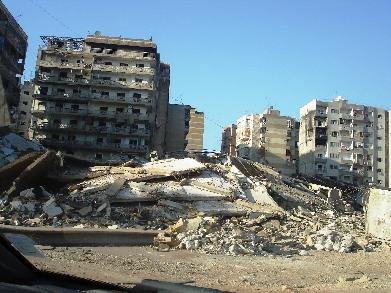
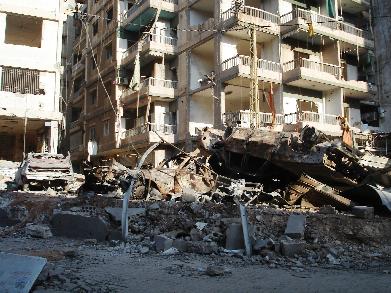
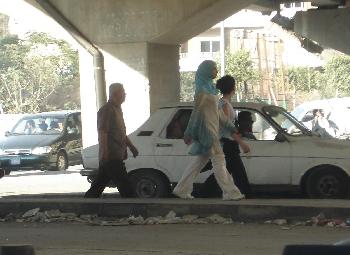
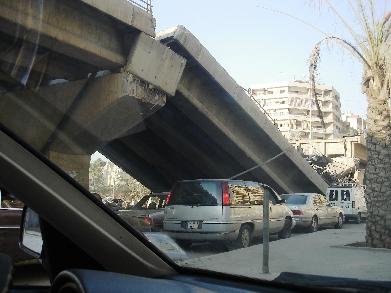
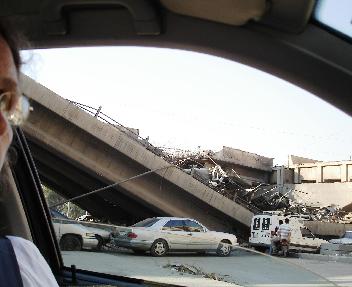
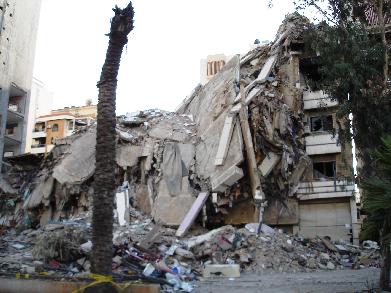
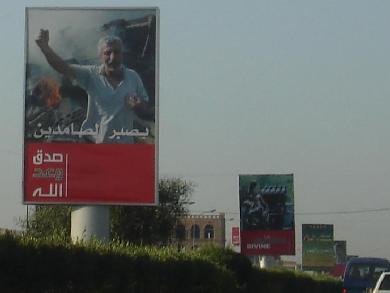
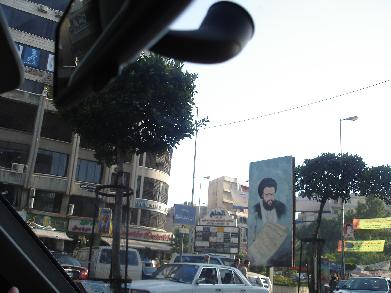

 |
|
 Facebook
Facebook




